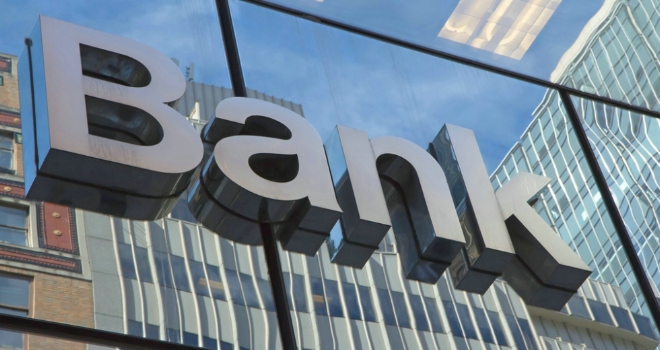
In 2014 the FCA commissioned an investigation into allegations made against the bank by business customers - this investigation has now been concluded and the findings presented to the regulator, who is in the process of reviewing the material before issuing their own conclusions, along with any enforcement action deemed necessary.
RBS, in a response last week, commented:
"In the aftermath of the financial crisis we did not always meet our own high standards and we let some of our SME customers down."
It continued: "Since that time, RBS has become a different bank and significant structural and cultural changes have been put in place, including in how we deal with customers in financial distress."
Laith Khalaf, Senior Analyst, Hargreaves Lansdown, commented:
"The evidence now looks pretty damning against Royal Bank of Scotland, yet the irony is the taxpayer is going to end up carrying most of the can for any misconduct costs, as the Exchequer still owns around three quarters of the bank.
"RBS is already potentially facing a multi-billion dollar fine in the US for mis-selling in the run up to the credit crunch. These latest revelations suggest the financial crisis may not have brought an end to bad behaviour at the bank however, which looks to have continued while under government ownership.
"The financial watchdog will give its verdict on the allegations facing RBS in due course, which could lead to yet another fine, and the prospect of a fresh wave of litigation. It’s a sad fact that despite the spectre of the PPI scandal beginning to fade away, conduct costs remain a material threat to the Royal Bank of Scotland.
"The prospect of further ongoing conduct costs, combined with the delayed separation of Williams and Glyn, and a seriously depressed share price, all mean the prospect of the bank leaving government hands remains a distant prospect, if the taxpayer is ever to recoup the money from its £45 billion bailout."





